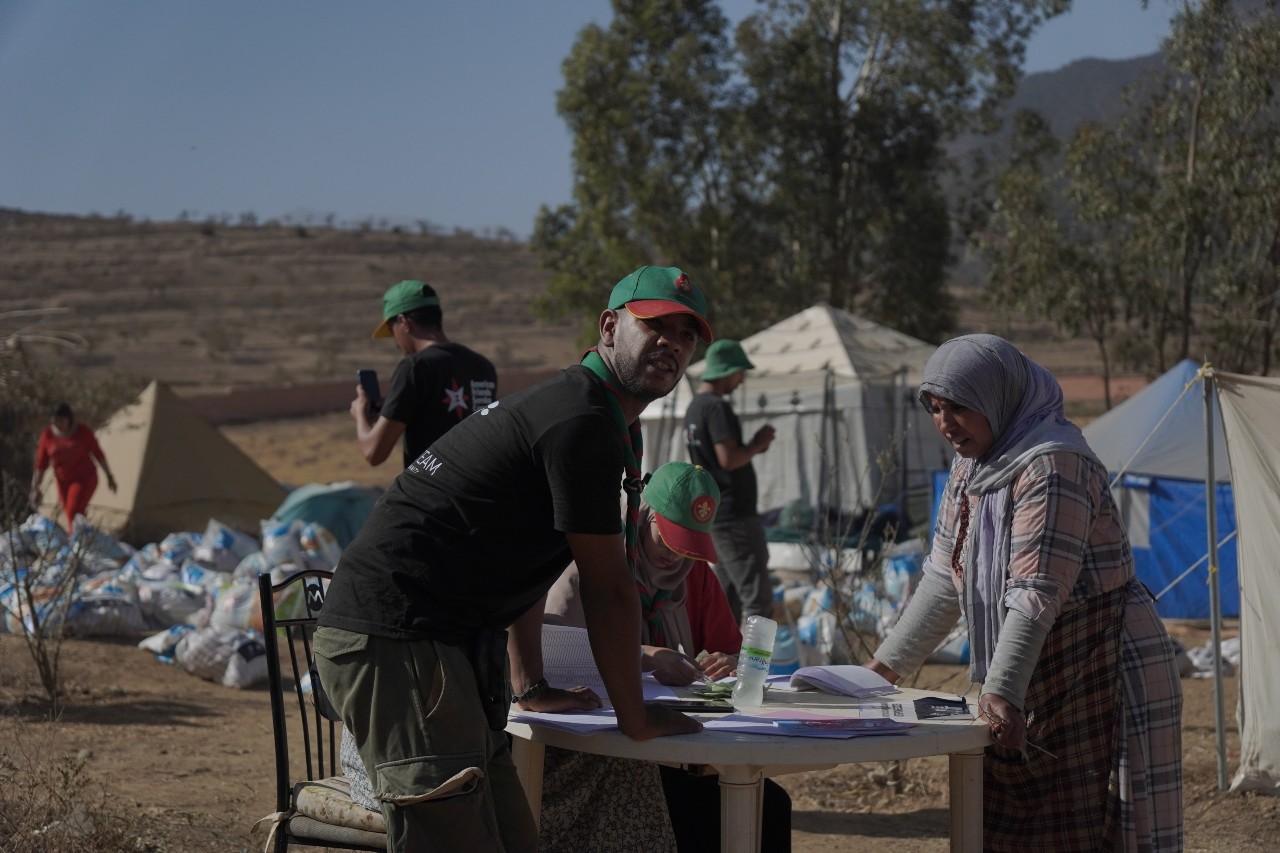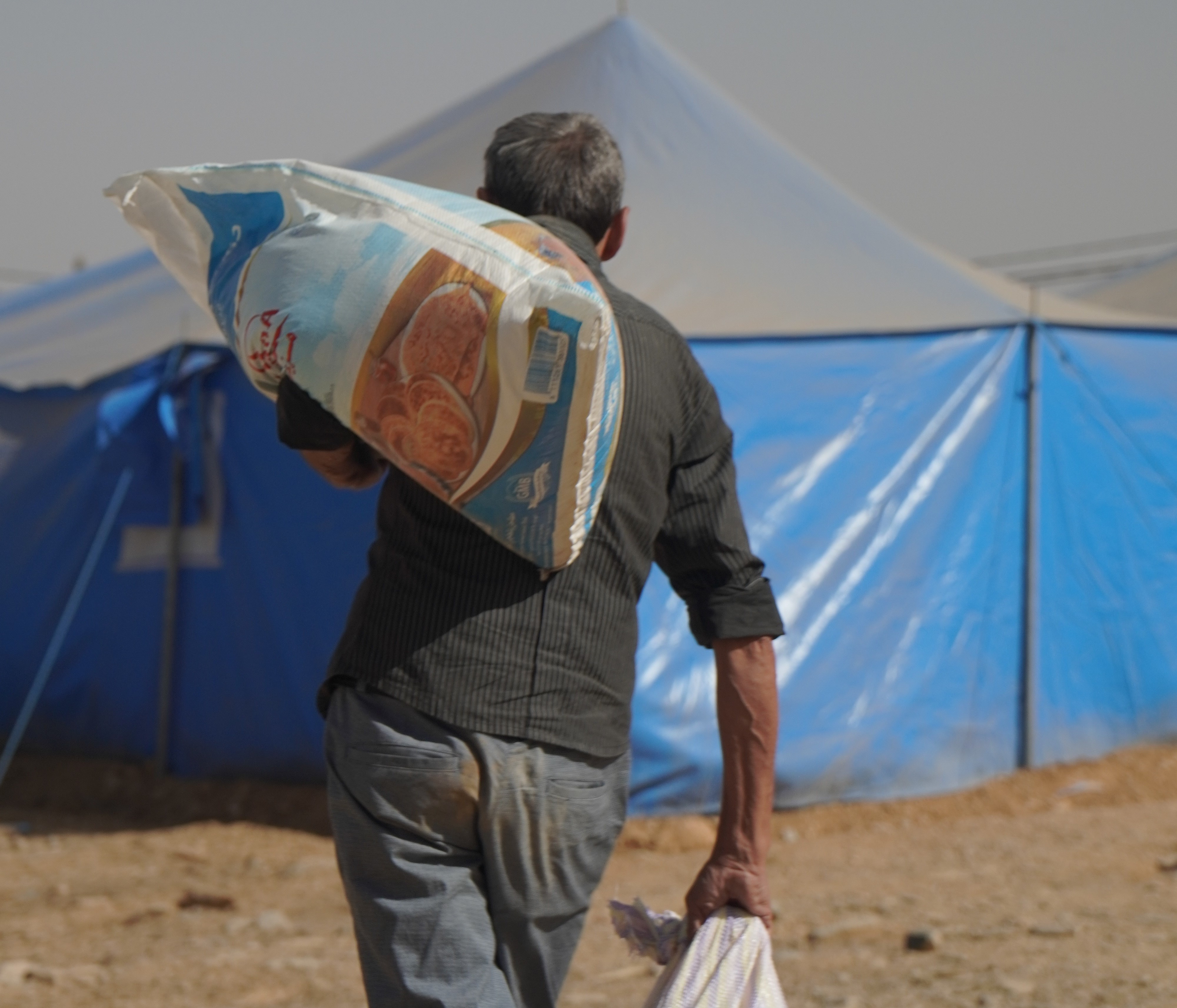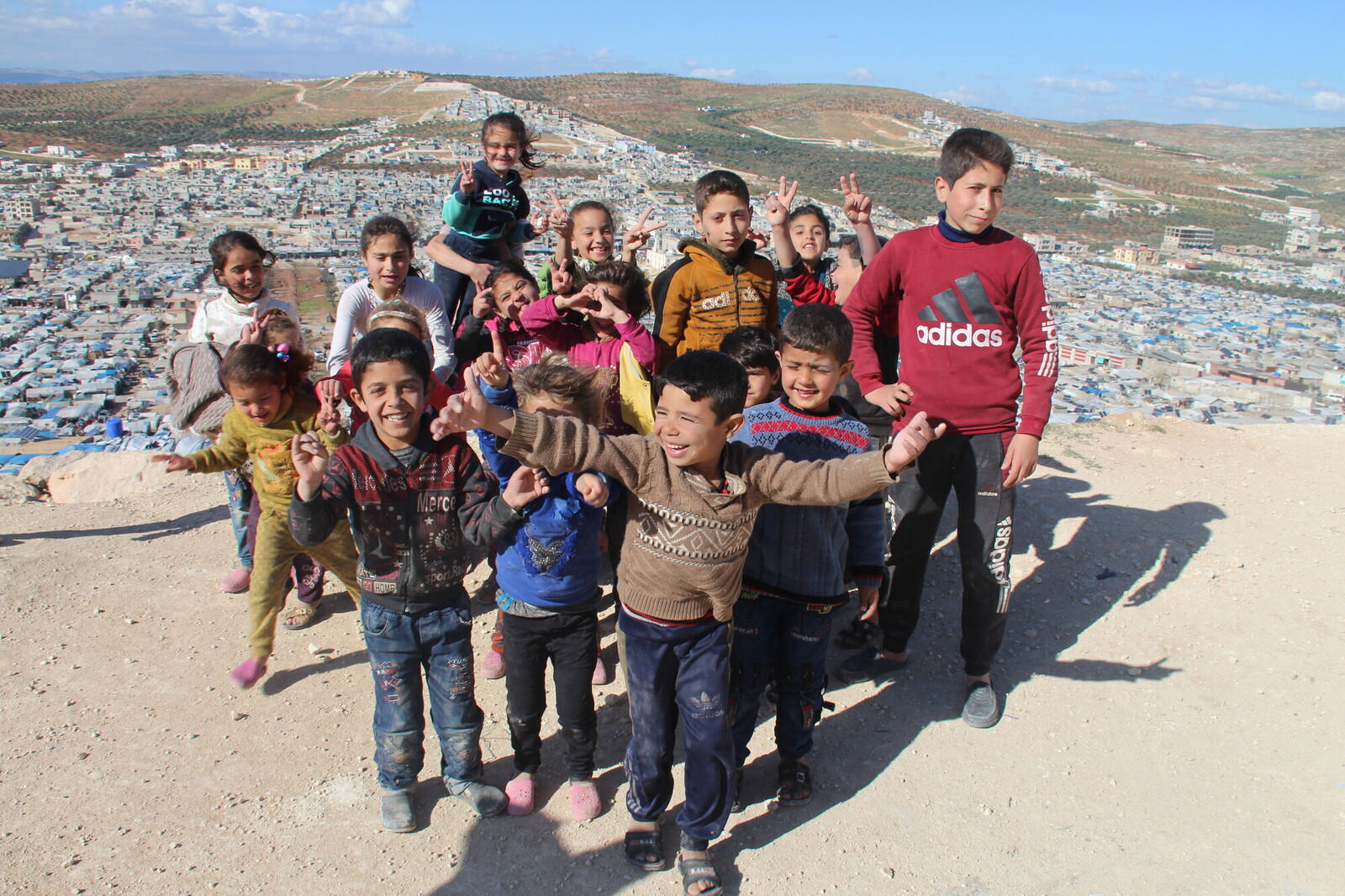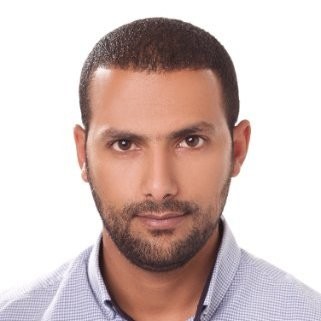
AFSC staff and partners distribute bags of food at a camp for displaced people in Morocco. Photo: Ahmad Abu Alshaar
On Sept. 8, a powerful earthquake struck the Marrakesh-Safi region of Morocco, killing at least 2,497 people and injuring 2,476 more. Numerous homes, schools, and historic landmarks were destroyed or damaged.
The impact was particularly severe in remote mountain villages south of Marrakesh, closer to the epicenter of the quake. Entire villages were leveled. Others were rendered nearly inaccessible by fallen rocks on vital roadways.
AFSC’s Middle East team responded to the humanitarian need. We focused on providing emergency relief to people in remote areas that other aid organizations had not reached. In the weeks following the earthquake, we worked closely with local partner organization MolhamTeam to provide water, food, and critical supplies to more than 1,000 people.

AFSC and partners focused relief efforts on remote areas of Morocco that other aid organizations had not reached. Photo: Ahmad Abu Alshaar
Our team faced several challenges in getting to families in these isolated villages. The mountainous terrain meant navigating treacherous roads that lacked phone network coverage and access to GPS. Some villages weren’t even included on area maps.
Collaborating with Moroccan scouts and local volunteers was key to our efforts. Their guidance was invaluable in traversing the rugged paths and locating families who had been displaced from their homes.
Thanks to our collective efforts, 1,028 people—more than half of them children—received critical provisions of water and nonperishable foods such as rice, beans, and oil. We also provided nearly 100 tents and sleeping mats to families living in makeshift camps.
Throughout AFSC’s history, AFSC has assisted people forced to leave their homes because of natural disasters, conflict, and other crises. We are committed to continuing this work in collaboration with local partners to ensure people have the resources they need to thrive in times of emergency and beyond.

